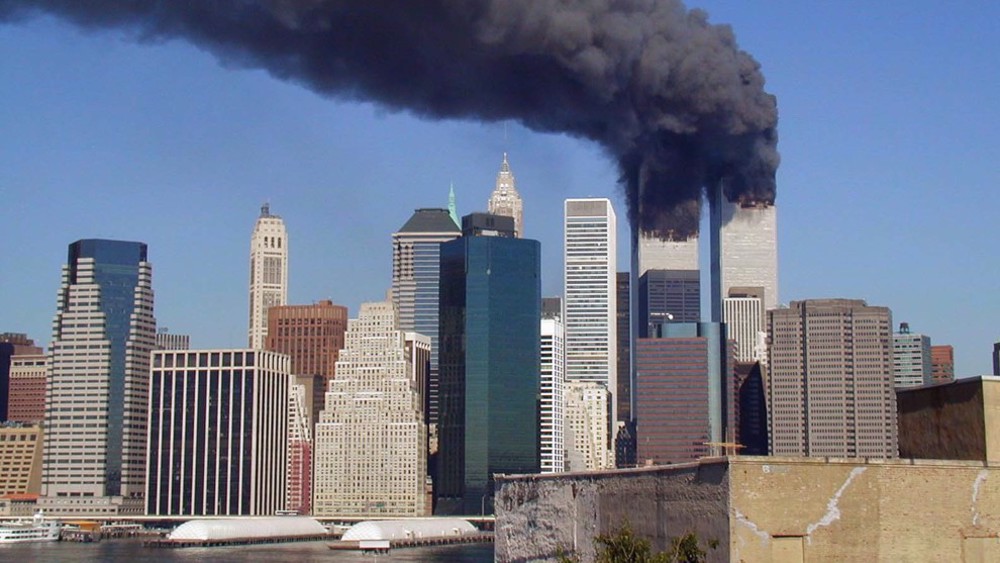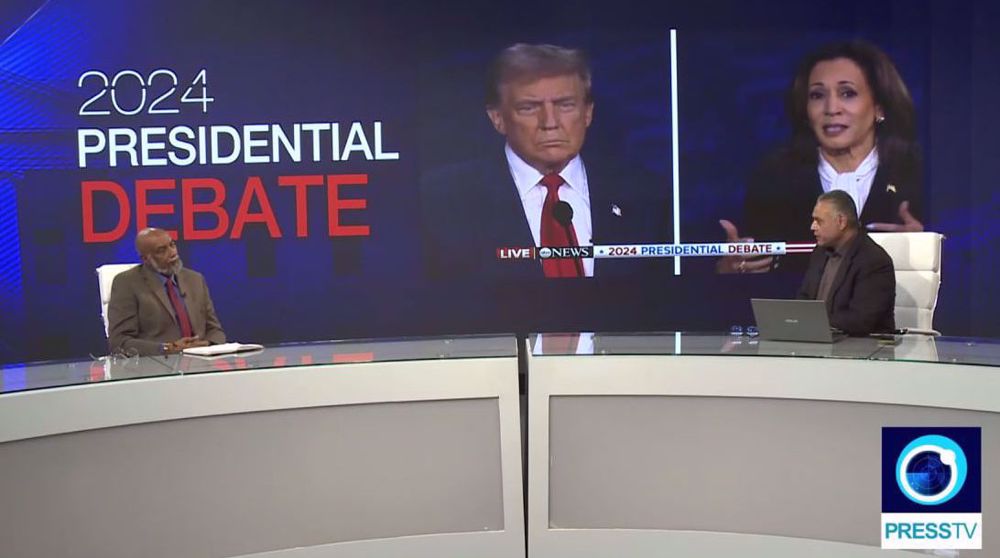'Iran presidential election show of unity'
Delivering his televised victory speech after winning a second term as the Iranian president in a landslide, Hassan Rouhani said that the Iranian people have indicated through this election that they "want to live in peace and friendship with the world, without accepting any humiliation or threat." Press TV has talked to Tehran University professor Foad Izadi, and the president of the American Institute for Foreign Policy Michael Lane to discuss the significance of President Rouhani’s victory and the message it sent to the international community.
Foad Izadi maintains that the high voter turnout in a country which is located in a region beset with prolonged war and instability carries this important message for foreign governments that despite all the problems and deficiencies, the Iranian people do not want any foreign interference in their domestic affairs.
He also noted that by reelecting Hassan Rouhani, the Iranians in fact provided him with an opportunity to accomplish his promises, such as reducing tensions with the West.
“They want to give President Rouhani another chance to see if his project of reducing tensions with some Western governments will actually work out. Dr. Rouhani’s argument was ‘Give me four more years so that I can finish my policies inside Iran and outside Iran’ and voters seem to listen to him,” Izadi underlined.
“The only thing is that if in the next four years Iranians see more hostility from the United States, if for example they see this new sanctions bill passed in the US Congress, then the [job of the] next president would be much tougher because Iranians realize that being a nation that wants to reduce tensions is not enough when they see the other side is hostile. I think they would recalculate their decisions next time,” he argued.
Meanwhile, Michael Lane, the other panelist on the show, congratulated the Iranian nation on an “impressive” presidential election absolutely void of any fraud or controversy.
He further reiterated that the presence of Rouhani at the head of the government would guarantee that Tehran’s relations with Western states, Washington in particular, would not deteriorate in the next four years.
“What the people of Iran did was that they reelected somebody who has been on the national stage for a while; somebody who has a track record in dealing with the United States; somebody who argues very passionately for the Iranian viewpoint, but yet through very extended and difficult negotiations was able to come to a conclusion acceptable to both President Obama and the government of Iran,” he explained.
Lane noted that President Trump has obviously studied the US relationship with Iran, and that Iran’s election is not going to make him act differently than what he has been planning.
VIDEO | Former FBI agent criticizes US Congress for 'outright corruption'
IRGC chief urges Muslim countries to cut aid routes to Israel
'New chapter in cooperation': Iran, Venezuela sing new MoUs
Jordan sentences former lawmaker for supporting Palestinian resistance
Basij volunteer forces hold massive drills in southwestern Iran
Israeli war criminals 'not welcome', US city says after ICC ruling
US vetoing of Gaza ceasefire resolution ‘disgraceful’: Iran’s UN envoy
VIDEO | IAEA adopts anti-Iran resolution tabled by E3









 This makes it easy to access the Press TV website
This makes it easy to access the Press TV website